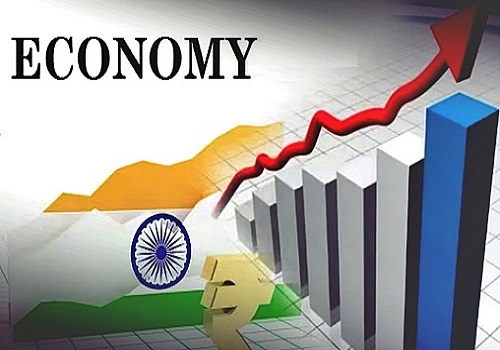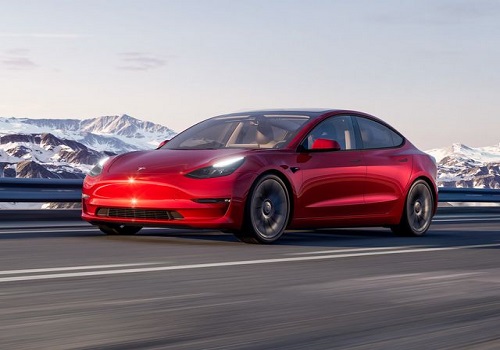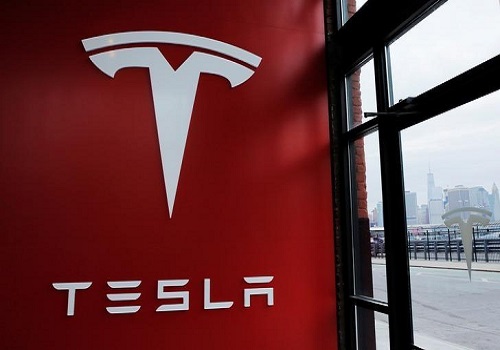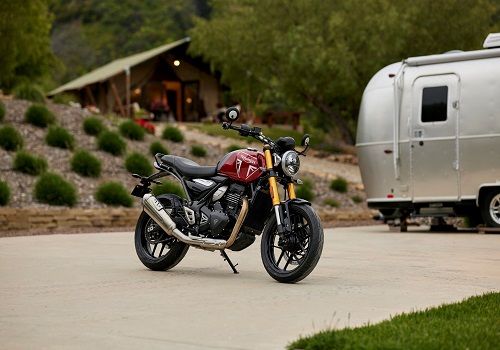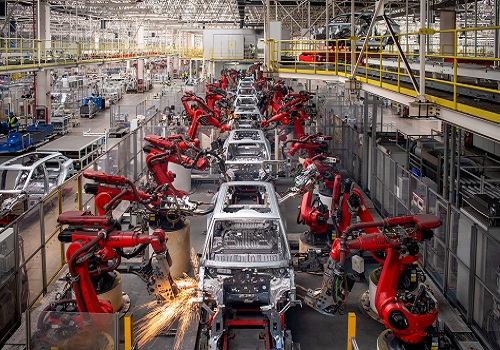Passenger vehicles sales records nearly 27% jump in FY 2022-23
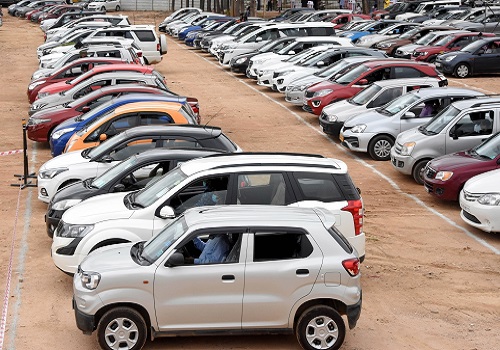
Passenger vehicles sales in the financial year 2022-23 has recorded a growth of nearly 27 per cent.
The Society of Indian Automobile Manufacturers (SIAM) released the data on Thursday which showed that total of 38,90,114 passenger vehicles were sold during the year 2022-23 as against 30,69,523 in the previous year 2021-22.
As per SIAM, chip shortages eased and demand for sport utility vehicles (SUVs) surged during the year 2022-23.
A total of 20,03,718 utility vehicles were sold in the year 2022-23 as against 14,89,219 in the previous year 2021-22.
Commenting on sales data of 2022-23, Vinod Aggarwal, President, SIAM said: "2022-23 has been a year of consolidation, post Covid. The year started again with supply chain disruptions from the Ukraine conflict. However with efficient management of supply chains and better availability of commodities especially for the electronics items, prices have moderated over the year, though it remains a concern."
He said that the passenger vehicles segment posted the highest-ever domestic sales, surpassing the previous peak in 2018-19. Commercial vehicles posted the second highest domestic sales and is close to the previous peak of 2018-19.
In spite of good growth in domestic sales in three-wheelers, they are still below the 2010-11 levels and the two-wheelers domestic sales are still below the 2014-15 levels.
"Favourable Policy initiatives ranging from impact of new PLI Schemes, encouraging announcements in Budget, forward looking Logistic & Foreign Trade Policies and recently announced Gas pricing Guidelines would go a long way in supporting the growth of the Industry," he added.
Commenting on the 2022-23 performance, Rajesh Menon, Director General, SIAM said: "With growth in overall automobile domestic sales of 20 per cent in 2022-23, the industry recorded the highest passenger vehicle sales with an annual growth of 27 per cent. Commercial vehicles and three-wheelers posted growth of 34 per cent and 87 per cent respectively, driven by higher off-take of passenger carriers. The two-wheelers segment grew by a moderate 17 per cent after witnessing de-growth for the previous three consecutive years. These segments are yet to reach the pre-pandemic levels."




